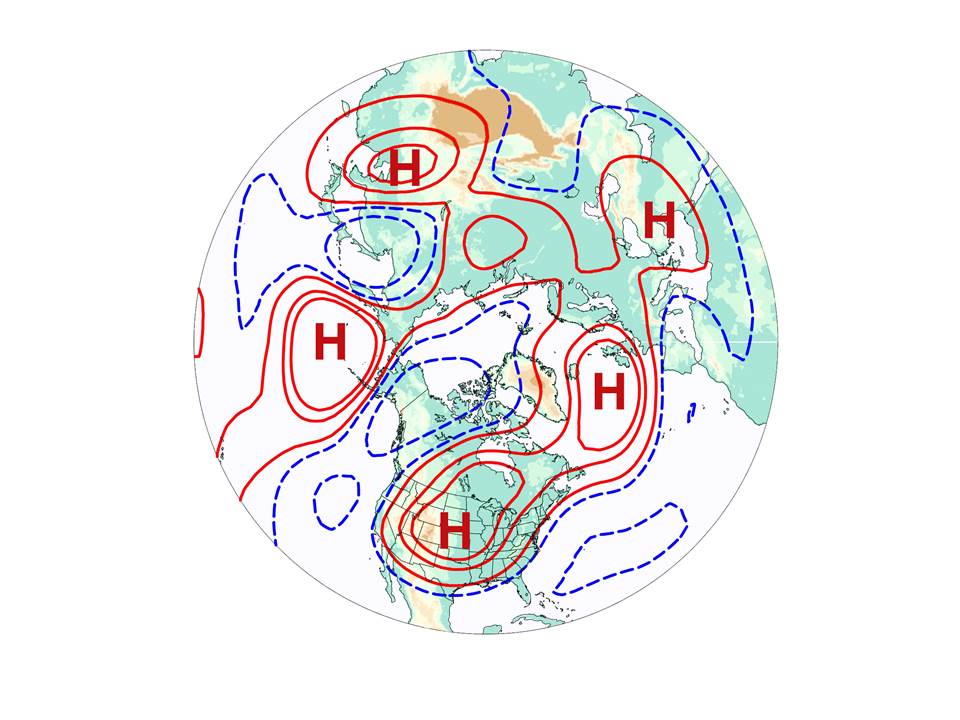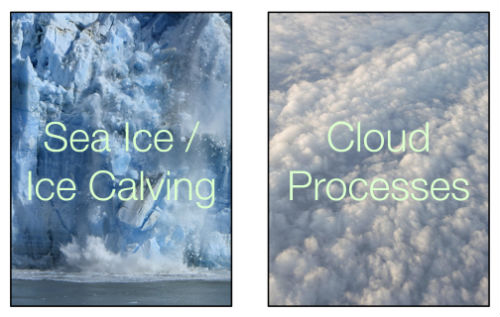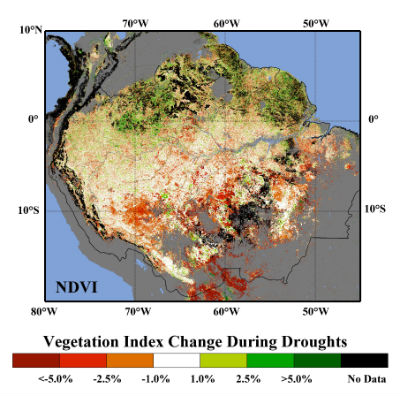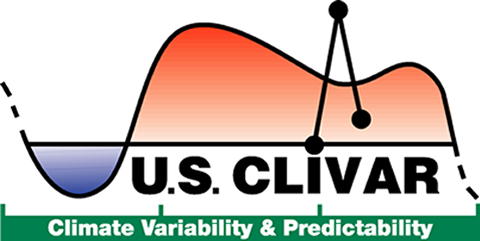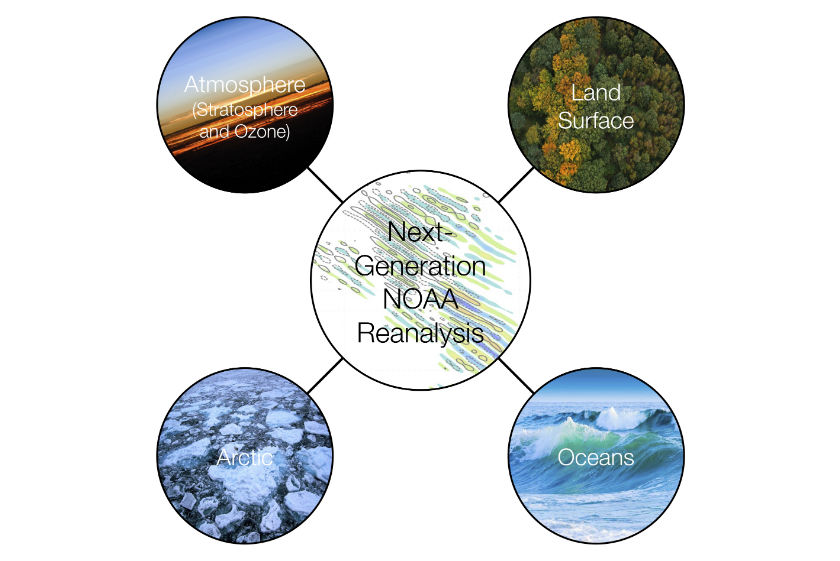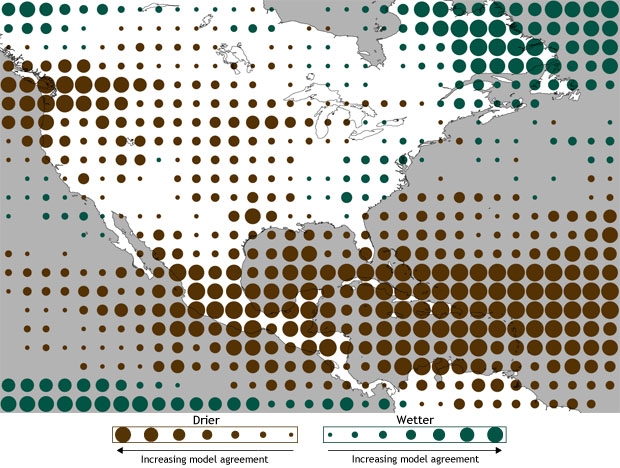MAPP Webinar Series: The National Climate Predictions and Projections platform
The NOAA CPO Modeling, Analysis, Prediction, and Projections program hosted a webinar on the National Climate Predictions and Projections (NCPP) platform on Friday, November 15, 2013. The webinar described NCPP’s recent progress and achievements and discussed future directions.
MAPP Webinar Series: The National Climate Predictions and Projections platform Read More »


